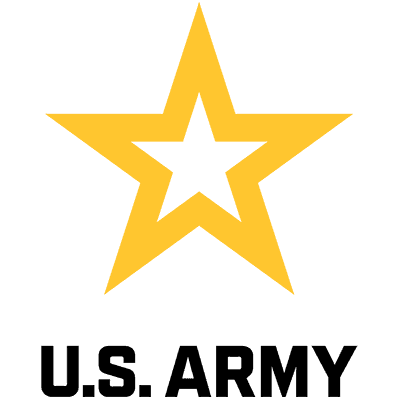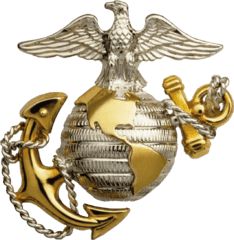Military Signals Intelligence Officers
Overview
What are the responsibilities of this role?
Signals intelligence officers oversee the collection and exploitation of electromagnetic signals, including communication and non-communication signals. They manage personnel and technical equipment engaged in intercepting, decoding, and analyzing communication traffic for content of possible intelligence value. These officers establish priorities of intercept missions for acquisition of desired data and coordinate the work to carry out those missions. They may also participate in jamming operations to disrupt an adversary’s communications.
What is the work environment like?
Signals intelligence officers work in offices on land and aboard ships. They may work in the field on maneuvers and military exercises.
How many people have this role in the Military?
8,371
Compensation
Understanding How Military Pay is More Than Just a Salary
Base pay is the standard income you’ll earn as a service member, providing a stable foundation to start achieving your financial goals.
- Always fixed based on rank and service time.
- Distributed monthly.
What is the typical salary range?
$94,237
$119,805
$157,219
Military Details
Is this a staff or leadership role?
What does the training for this role entail?
Job training for signals intelligence officers primarily consists of classroom instruction and on-the-job learning in various training environments. Like other officers, they complete a comprehensive training program covering responsibilities, military structure and etiquette, traditions, and leadership development. Job-specific training may include:
- Air, ground, and sea intelligence operations
- Photograph interpretation
- Use of surveillance equipment
- Reconnaissance equipment and weapons systems
- Target identification and operational patterns
- Analyzing communications information using technical references
- Preparing technical and tactical intelligence reports
Education
What level of education do professionals in this role have?
No data available for this section.
Which college majors best prepare you for this role?
- Cyber/Electronic Operations and Warfare
- Intelligence, Command Control and Information Operations, Other
- Command & Control (C3, C4I) Systems and Operations
- Information/Psychological Warfare and Military Media Relations
- Joint Command/Task Force (C3, C4I) Systems
Learn About How Military Can Pay for 100% of your College Degree
Skills and Interests
What knowledge is essential to bring to the table?
No data available for this section.
What personality traits help people thrive in this role?
No data available for this section.
Data supplied by Bureau of Labor Statistics, National Center of Education Statistics, Defense Manpower Data Center (View our update schedule). Contact any business, college or military service branch to answer additional questions.


